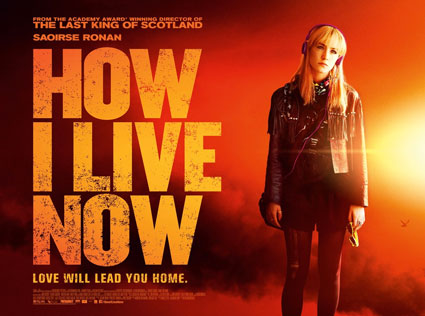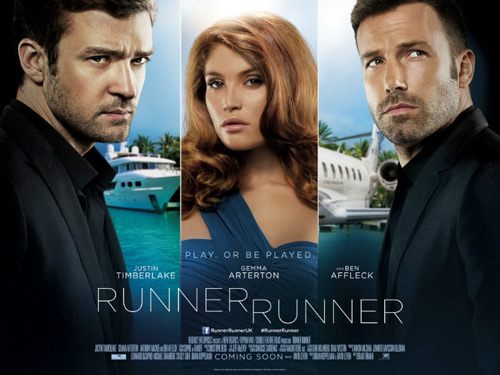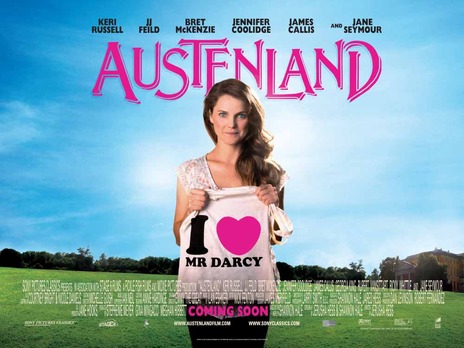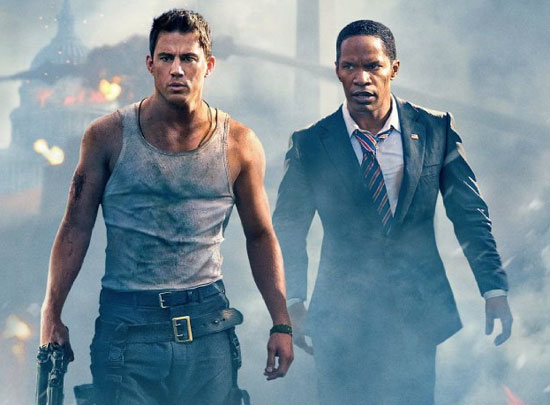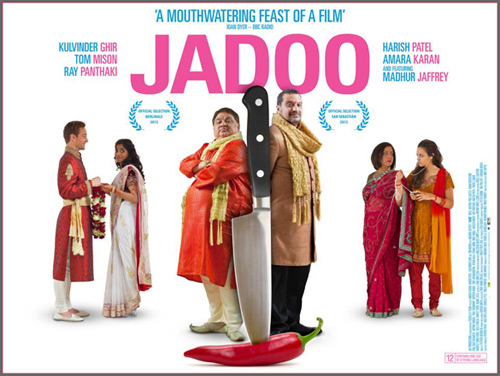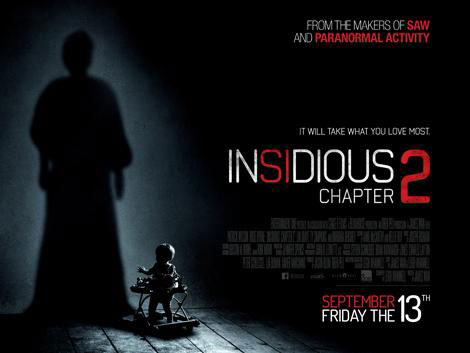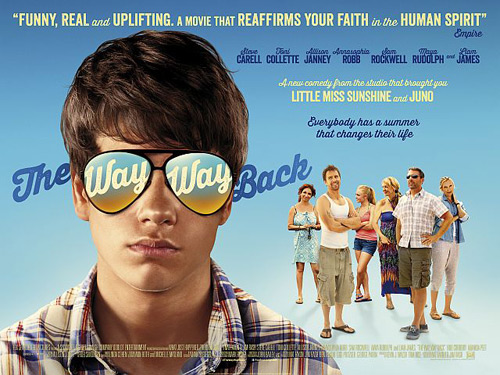How I Live Now ***
It’s safe to say, there would be little of interest to Kevin Macdonald’s (The Last King of Scotland) How I Live Now if it weren’t for the ever-beguiling Saoirse Ronan at the helm. Perhaps he knows this as the production compliments her every thought and expression in this apocalyptic story set in the not-too-distant-future in our fair land.
Based on Meg Rosoff’s novel of the same name, emo-dressing American teen Daisy (Ronan) reluctantly arrives in the UK to visit her aunt and cousins in the countryside, only to find she has arrived when World War III breaks out in Europe, and her aunt gets stuck in Geneva. She must fight for survival while searching for the brief idyll she encountered before her dream existence was shattered.
Surprisingly, there is a certain ‘upbeat’ attitude to the whole affair, given the bleak subject matter. It’s like a wake-up call to embrace the simpler things in life. Experiencing events via a bunch of independent kids emphasises this too. There is also an eccentricity, a quaintness that highlights the film’s ‘Englishness’ too, with the country life creating a false comfort before things are turned upside down. After that anything goes, complete with some shocking scenes as a consequence of wartime.
Ronan as Daisy is set up as the unsettling factor to the status quo, initially, a girl with very many issues and unhealthy mantras playing out in her head, who subsequently grows into a leader. Think Hunger Games minus the archery in the English undergrowth, coupled with a bit of Children of Men, and you’re not far off. There’s also a lingering vulnerability that arises from children being left in charge, made all the more apparent by the lack of information about who has attacked and why?
As appealing as Ronan is to watch, there doesn’t seem to be enough on-screen brooding time for love interest George MacKay as Edmond to firmly melt teen hearts, however ‘wounded’ he mopes around as. Hence, the attraction for the teen crowd – aside from knowing the novel – is Ronan, plus the dream of independence and how liberating and scary that must feel simultaneously. It’s these qualities that underpin the film, including the foreboding that anyone, whatever age, is a potential victim.
Ronan, who has a commanding presence for such a young actor, may have brought Rosoff’s anti-heroine Daisy convincingly to life but it’s subjective whether enough of the character’s personality shines through for fans of the novel. The problem with adaptations is often what makes a character really tick is lost in screen translation, and there may be an element at play here in the rush to get to the dramatic, traumatic parts. Still, How I Live Now is a solid enough, homegrown apocalyptic drama with some very relevant concerns, as well as another nice showpiece for Ronan’s growing popularity.
3/5 stars
By @FilmGazer

